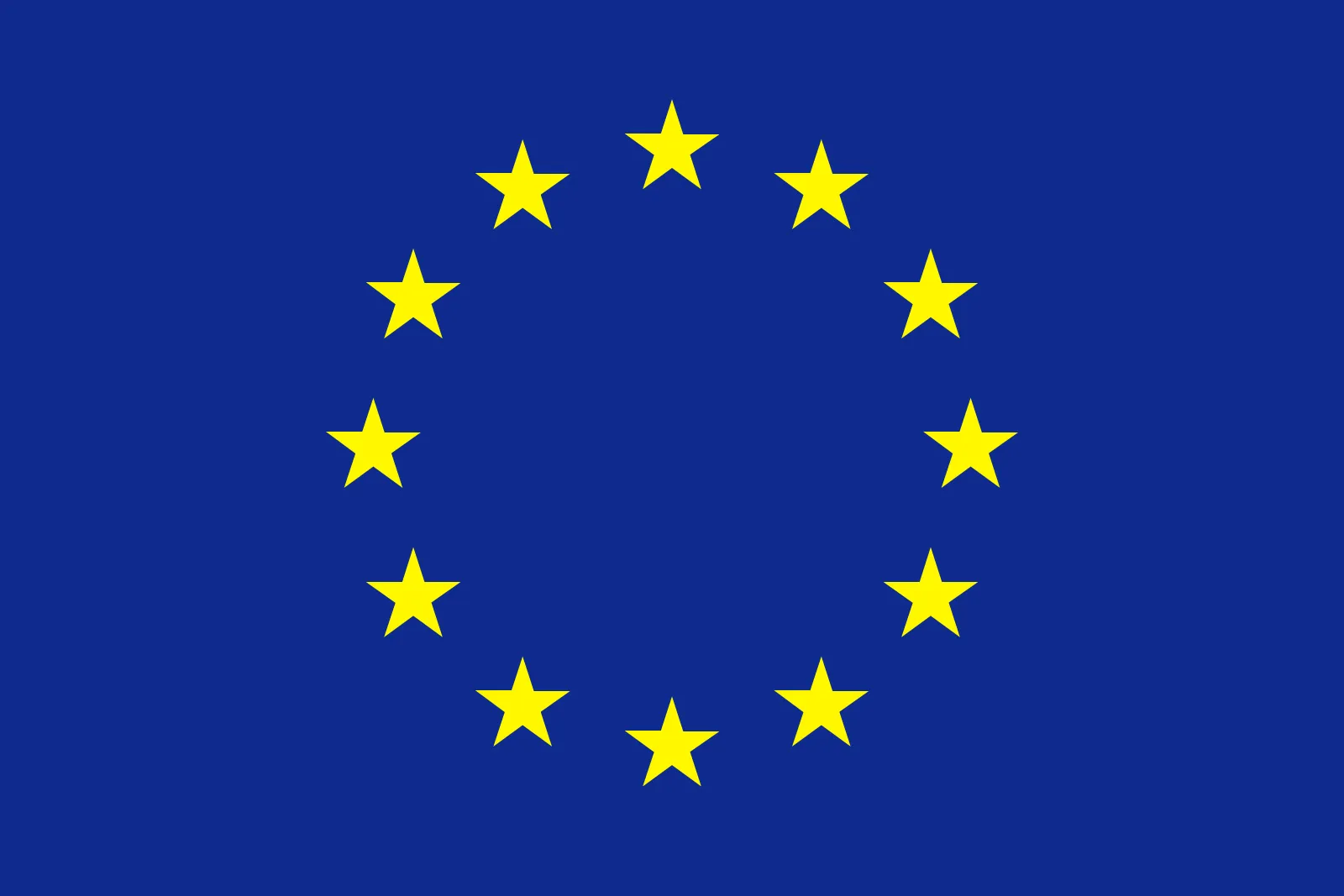The European Union (EU) has launched a $1.35 billion Nigerian Green Energy Project, the Team Europe Initiative (TEI).
The project proposal intends to support Nigeria’s attempts to diversify its economy by promoting sustainable, climate-smart agriculture and renewable energy, as well as by generating jobs for economic growth.
This was said by Samuela Isopi, the EU Ambassador to Nigeria and the Economic Community of West African States (ECOWAS), at the project’s announcement at the 8th EU-Nigeria Business Forum, which was held in Lagos and with the topic “Nigeria and the New Economy.”
Isopi, who praised Nigeria’s resiliency in the face of the current global challenges, stated that the initiative will work to support Nigeria’s efforts to achieve low carbon, resource efficient, and climate resilient development, as well as youth job creation and economic growth, with a focus on climate-smart agriculture, circular economies, and digital economies, as well as strengthening Nigeria’s agricultural sector’s competitive advantage.
She said that Denmark, France, Germany, and the Netherlands are among the TEI Green Economy Project members, and that 60 various initiatives will be carried out along the value chain for the agricultural and energy sectors.
“In line with the EU’s Green Deal, the Green Economy Initiative will support the Nigerian government’s efforts to diversify the economy by combining support to enhance access to renewable energy for productive uses and boosting the development of the agricultural sector while integrating circular economy principles in the development models. Collectively, the actions will help Nigeria attain its SDGs and put the country on a sustainable development path,” she stressed.
The TEI is expected to boost Nigeria’s efforts in implementing its climate agenda. Nigeria developed its Nationally Determined Contribution (NDC) in 2015 towards the ratification of the Paris Agreement on Climate Change.
Commending the initiative, the minister of Agriculture and Rural Development, Dr Mohammad Abubakar, said that the agricultural sector had the largest potential to diversify the economy and provide the broad-based growth necessary for development as a new growth engine.

